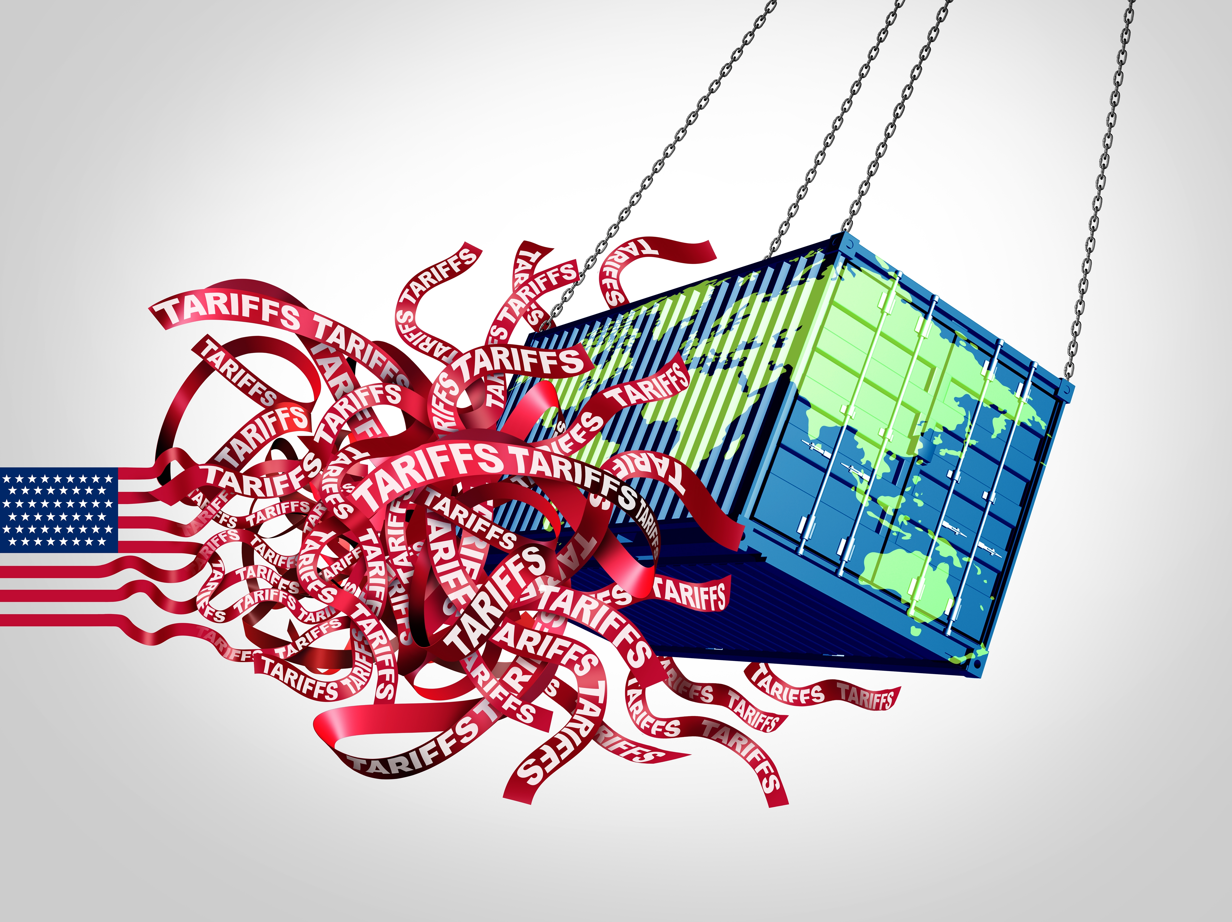
He Weiwen, Senior Fellow, Center for China and Globalization, CCG
Sep 05, 2025
America’s sweeping tariffs are harmful to both the world economy and to America itself and should be revoked. But a bigger trend is emerging: The relevance of the United States is dwindling when it comes to global trade.

Bibek Raj Kandel, New World AsiaGlobal Fellow Energy and Climate Policy Expert
Sebastian Contin Trillo-Figueroa, Geopolitics Analyst in EU-Asia Relations and AsiaGlobal Fellow, The University of Hong Kong
Aug 01, 2025
Nepal’s EV surge, powered by Chinese technology and domestic hydropower, has displaced India’s industrial influence and exposed weaknesses in Delhi’s regional strategy. While it marks a shift in regional power, the transformation remains fragile, reliant on subsidies and foreign supply chains.
Earl Carr, Founder and Chief Executive Officer at CJPA Global Advisors
Jonah Kim, Analyst
Jul 29, 2025
Since the U.S.-China trade war began in April, Chinese companies have faced high tariffs and economic uncertainty, prompting them to reshore production to the U.S., shift manufacturing to developing countries, and diversify into other markets. Despite higher costs and regulatory challenges, they are balancing supply chain stability with expansion in Latin America, Southeast Asia, and Europe to maintain their low-cost business models.
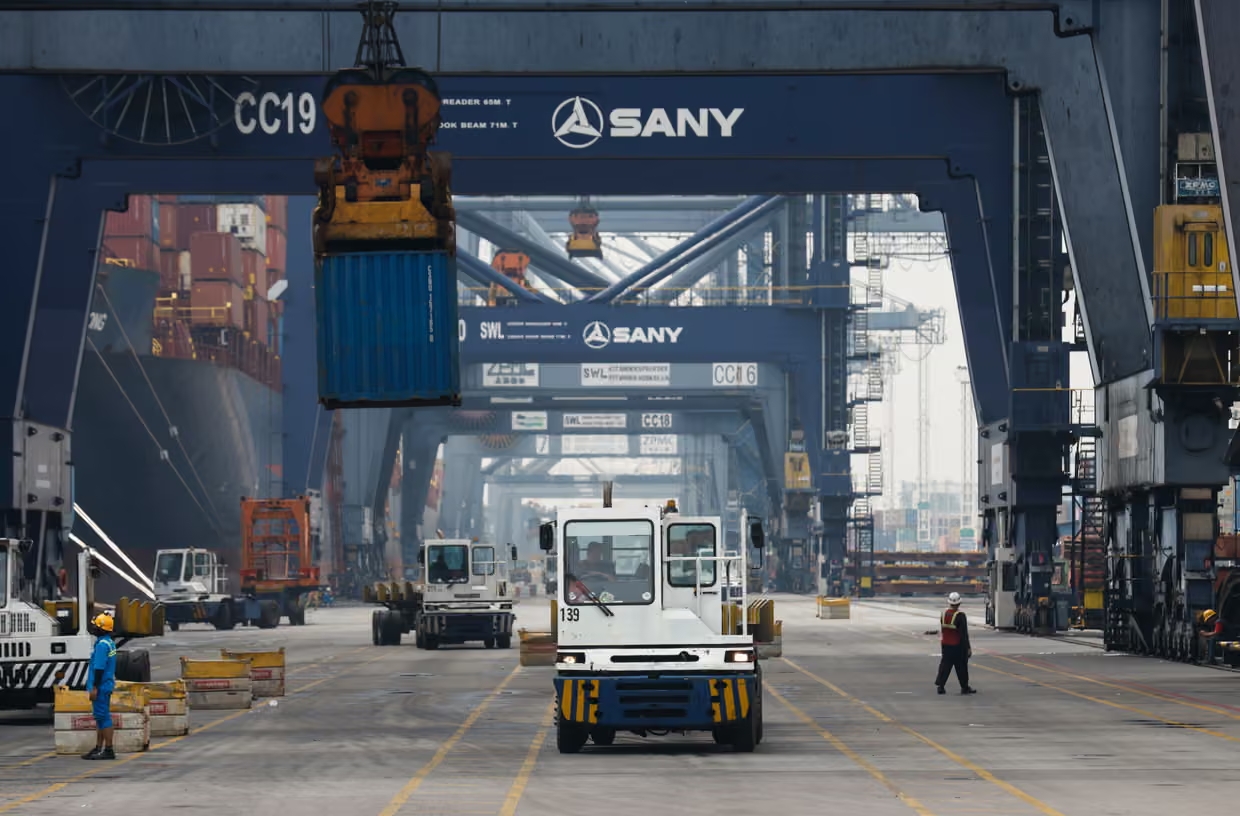
Lili Yan Ing, Secretary General of the International Economic Association, Lead Adviser at Economic Research Institute for ASEAN and East Asia
Jul 28, 2025
Be careful what you wish for, lest it come true. That ancient proverb comes to mind when considering the eagerness of America’s trade partners around the world to negotiate deals with US President Donald Trump’s administration. Four countries already have, with Indonesia the latest to do so – and possibly the first to regret it.
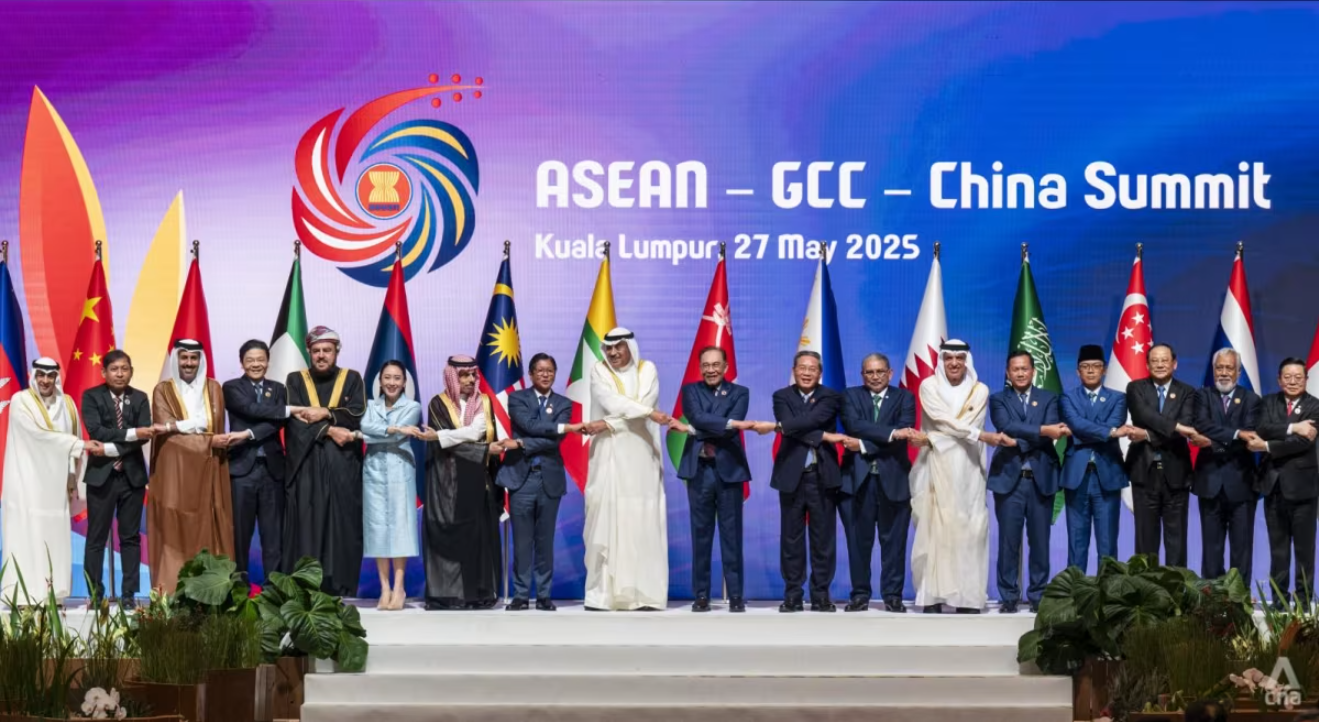
Sujit Kumar Datta, Former Chairman of Department of International Relations, University of Chittagong, Bangladesh
Jun 06, 2025
Regional trade alliances and economic integration — especially the one emerging between China, ASEAN and countries in the Persian Gulf — are offering stability for a global economy on the edge. The world’s poles are shifting to fill the gap left by an increasingly isolationist United States.
Kishore Mahbubani, Dean of the Lee Kuan Yew School of Public Policy, National University of Singapore
Jun 06, 2025
U.S. President Donald Trump’s tariffs – especially the ultra-high “reciprocal tariffs” that he says will be reintroduced on July 8 for any country that has not struck a trade deal with his administration – have sent countries around the world scrambling to respond, adapt, and limit the fallout. ASEAN’s ten members – Brunei, Cambodia, Indonesia, Laos, Malaysia, Myanmar, the Philippines, Singapore, Thailand, and Vietnam – have been among the most proactive.
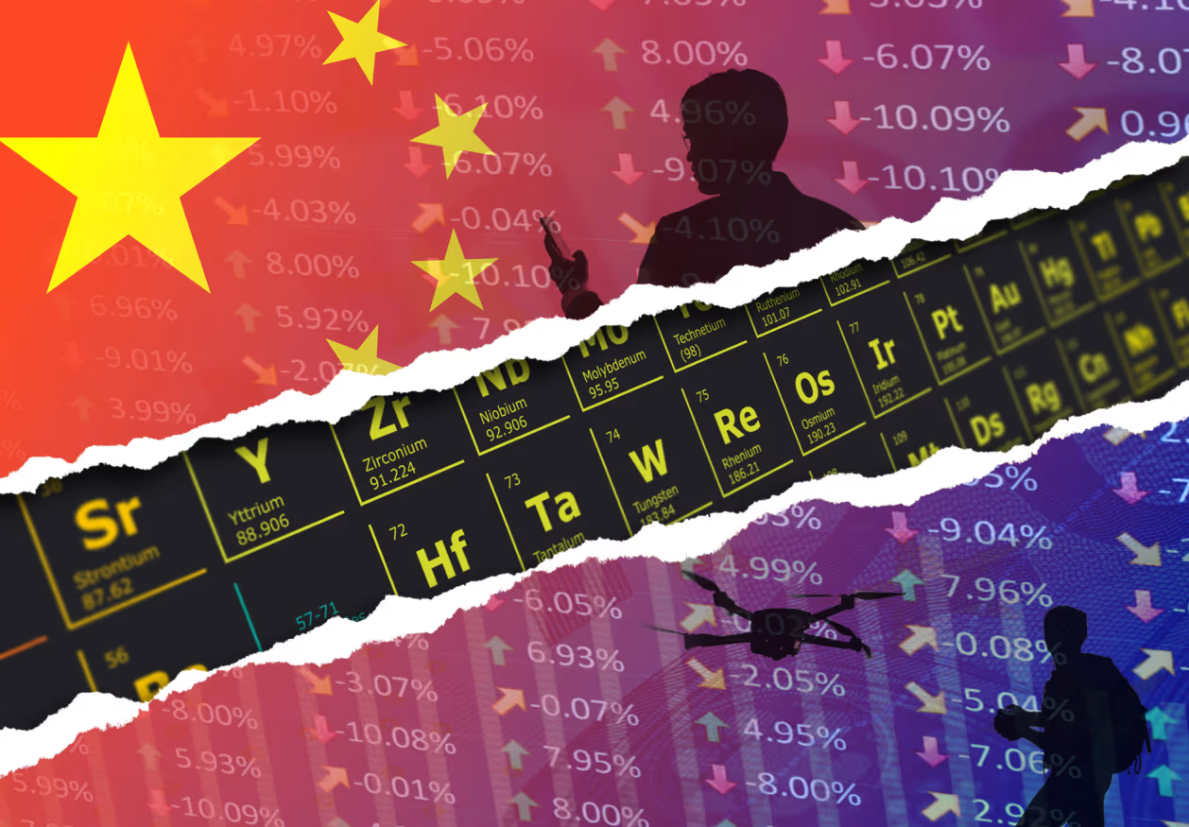
Christopher A. McNally, Professor of Political Economy, Chaminade University
Jun 05, 2025
America’s tariff agenda has taken global trade hostage to begin this year. While the strongman tactics employed by Trump’s administration are netting favorable results in some ways, China has been able to hold out from the pressure, showing flaws in America’s plan.
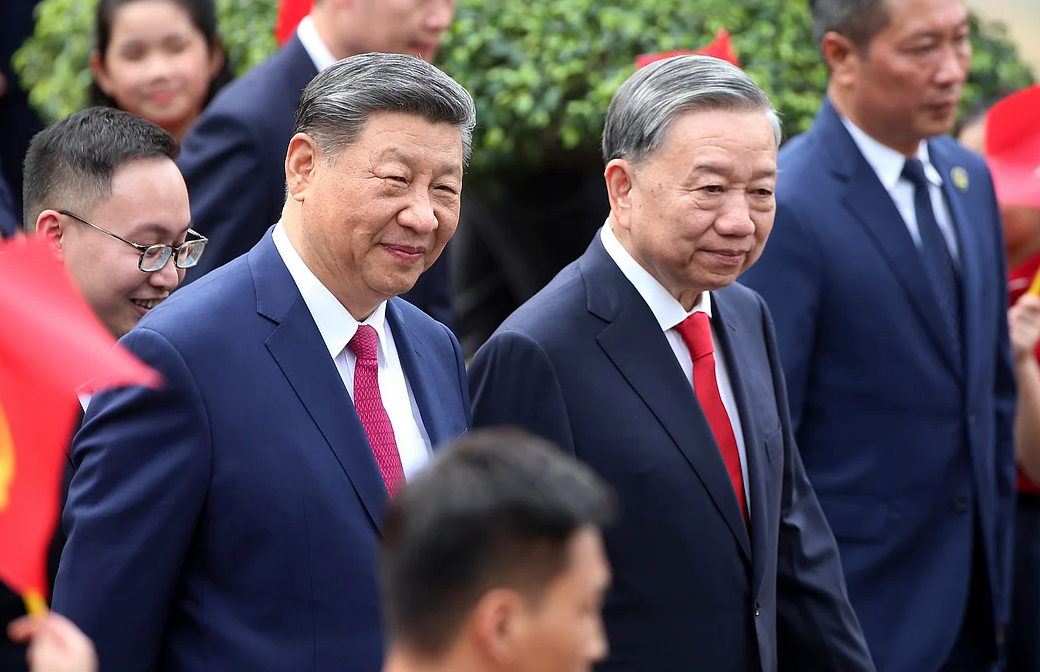
Eka Khorbaladze, Research Associate, Ng Teng Fong · Sino Group Belt and Road Research Institute
May 30, 2025
In April 2025, Chinese President Xi Jinping conducted a five-day diplomatic tour of Southeast Asia, visiting Vietnam, Malaysia, and Cambodia from April 14 to 18. The strategically timed visit, Xi’s first overseas trip of the year, occurred amid escalating trade tensions driven by U.S. President Donald Trump’s imposition of tariffs on over 70 countries, including China and the three nations Xi visited. The tour aimed to reinforce China’s economic and diplomatic influence in the region, counter U.S. trade policies, and solidify partnerships within the Association of Southeast Asian Nations (ASEAN).
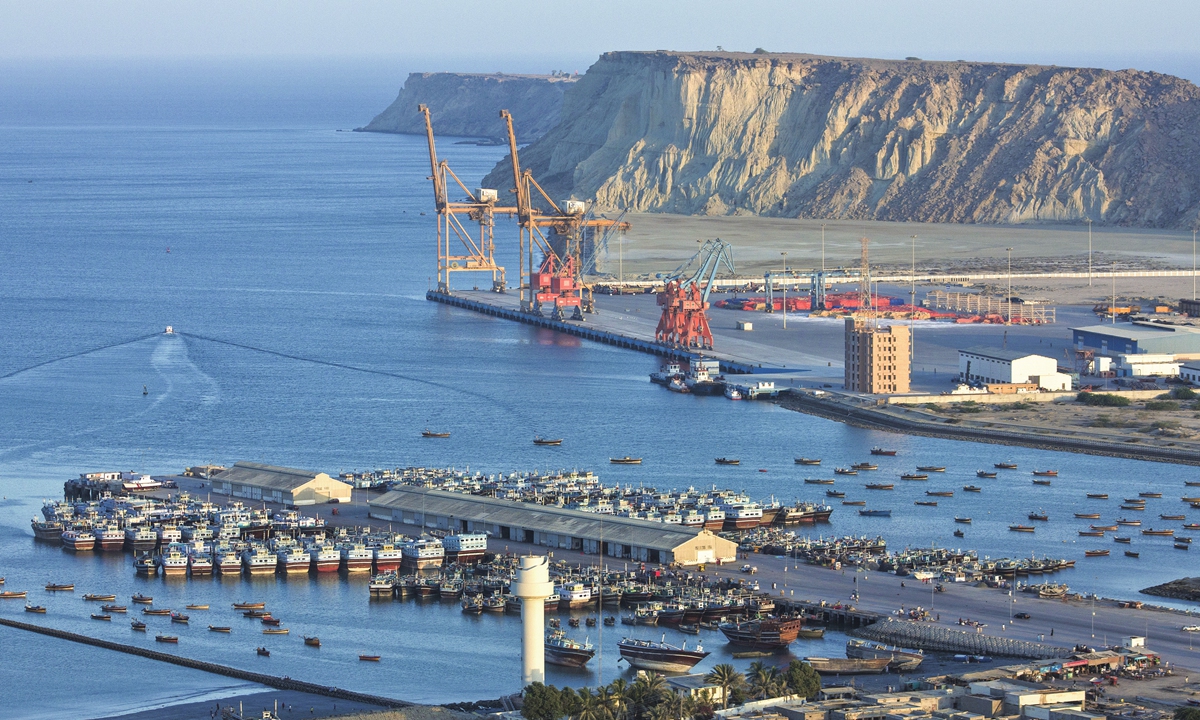
Sajjad Ashraf, Former Adjunct Professor, National University of Singapore
May 02, 2025
Ten years after its launch, the China-Pakistan Economic Corridor (CPEC) has underperformed, with many key projects stalled due to Pakistan's political mismanagement and inefficiencies. While China continues to support the initiative diplomatically, its future success depends on Pakistan’s ability to implement strategic reforms and restore investor confidence.
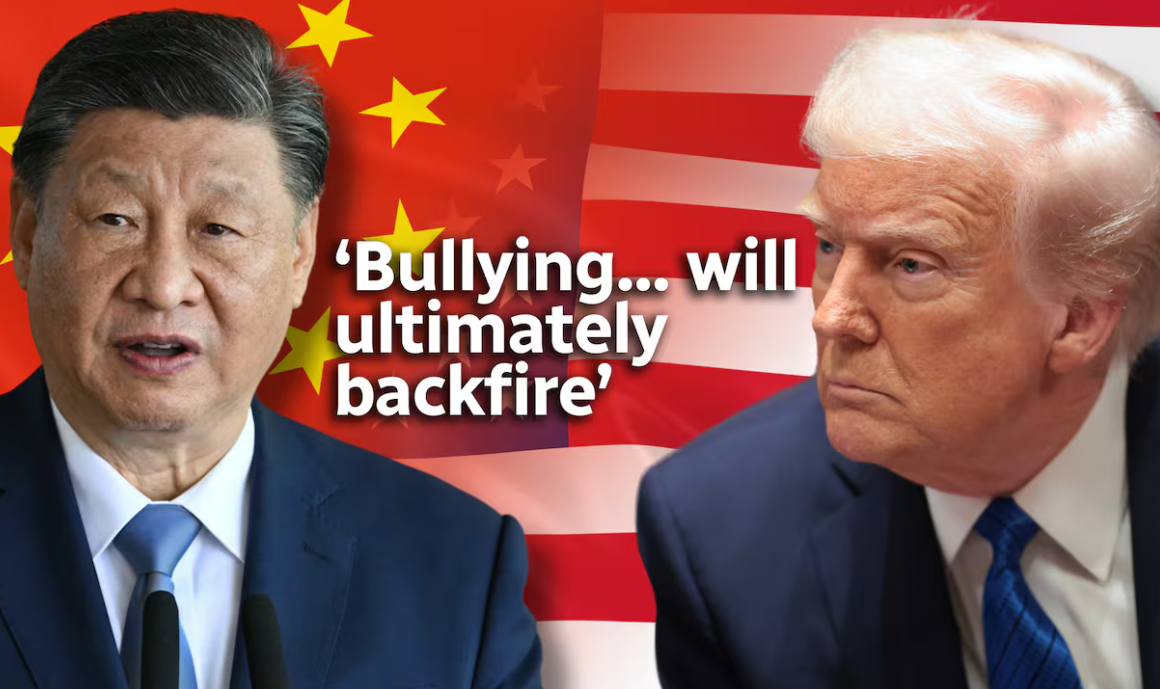
Brian Wong, Assistant Professor in Philosophy and Fellow at Centre on Contemporary China and the World, HKU and Rhodes Scholar
Apr 28, 2025
Speculation about a "Grand Bargain" between Trump and Xi persists, but deep divisions within Washington, Trump’s erratic leadership, and Beijing’s long-term strategic patience make a major breakthrough unlikely. Even if a meeting occurs, structural mistrust and political instability on both sides suggest any deal would be fragile at best.
Back to Top

- China-US Focus builds trust and understanding between the U.S. and China through open dialogue among thought leaders.
- Our Offerings
- Topics
- Videos
- Podcasts
- Columnists
- Research Reports
- Focus Digest
- Stay Connected
-
Thanks for signing up!
- Get the latest stories from China-US Focus weekly.